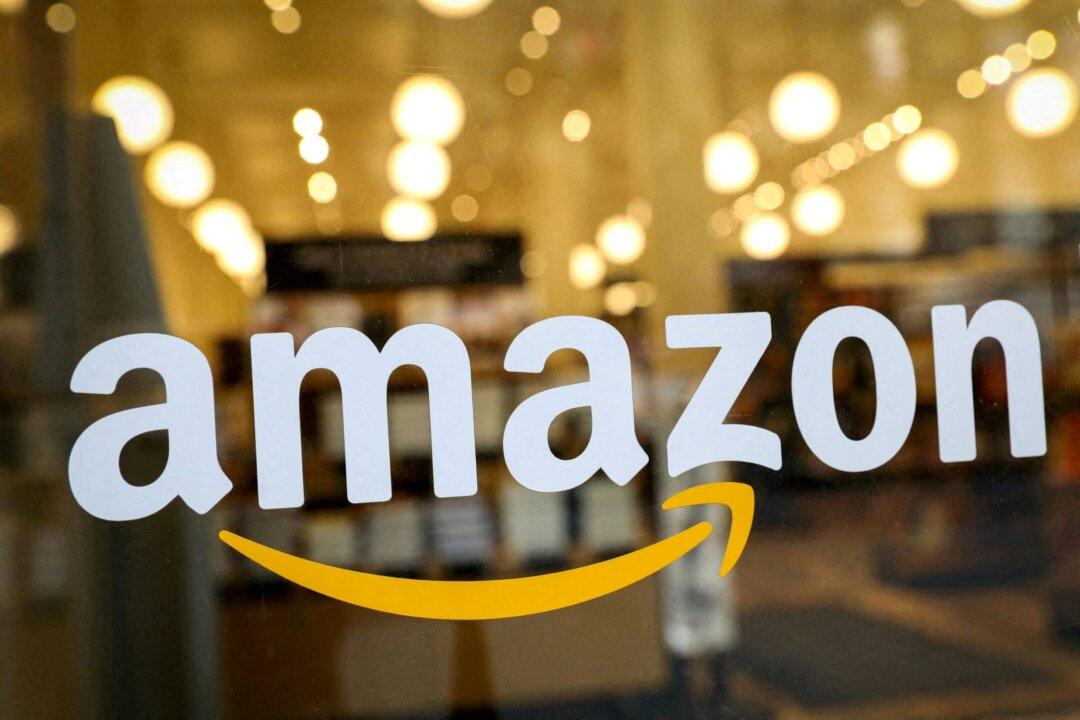Amazon has been developing personalized vaccines for breast and skin cancers in conjunction with the Fred Hutchinson Cancer Center and has been recruiting patients to participate in an FDA-approved clinical trial for the shots, according to a public filing.
A summary of the project was first posted on Clinicaltrials.gov, an online database of clinical studies run by the U.S. National Library of Medicine, in October last year.





